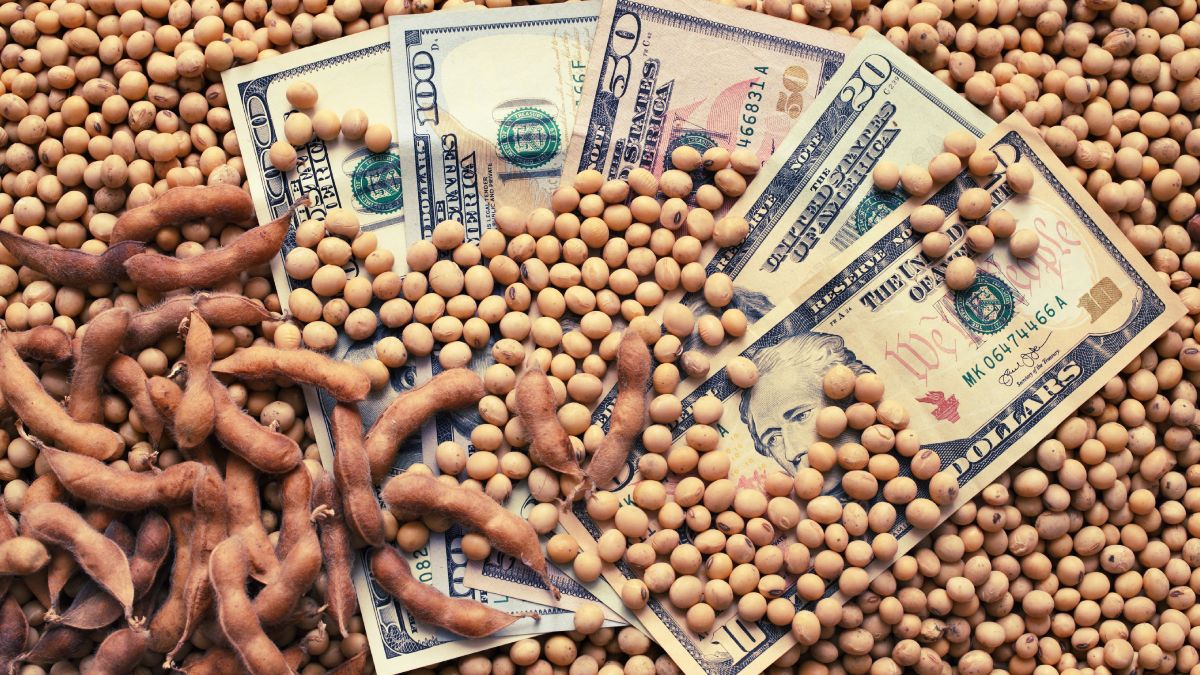That tax rate of 33% is only on soy. Wheat, corn, and sorghum remain at a far more modest 12%. Furthermore, that 33% is a max tax rate, applying only to the largest producers, those producing over 1000 tons a year. Here's the graphic --
View attachment 9210
If you go here - and scroll down a couple pages, you can find a chart listing all the new tax rates. Yes, soy is 33% at max production, but nothing else goes over 12%. Most items are taxed at 5-7%. Several categories of foods have actually had the tax lowered, including wool, mutton and fish both fresh & frozen, rice, sunflowerseed, lentils, garbanzos and peanuts. All the items I just listed are now taxed at 5-7%
Does anyone here wish to assert that 5-7% is an unreasonably high tax rate, one which justifies cheating? How about 12%?
This is an example of an annoying situation in which a person cherrypicks one item, and then extrapolates from that to say all of Argentina is broken/dysfunctional/possessed/whatever, when the truth is far more complex, and not nearly so bad.
In addition to the taxes aren't they selling for dollars and receiving pesos at the official? Or is there some kind of dolar soja.

